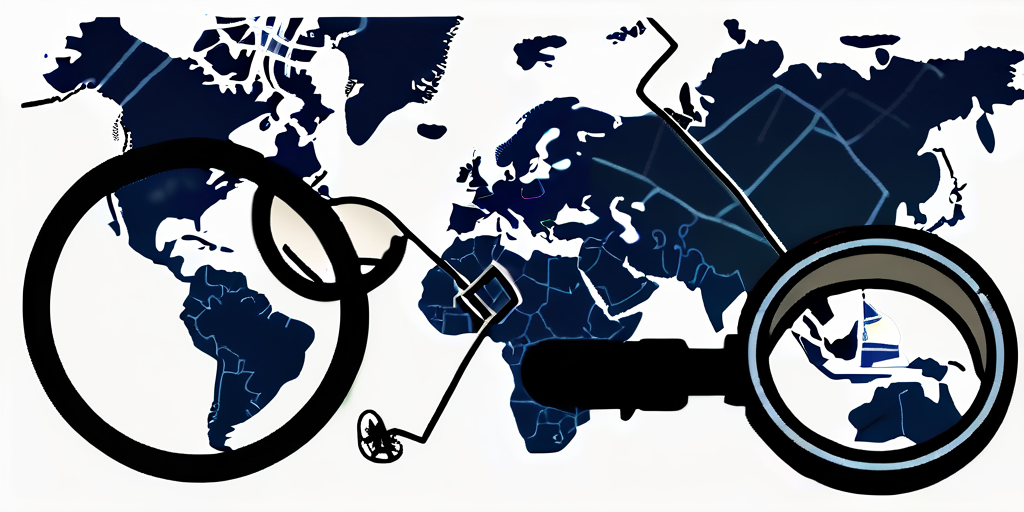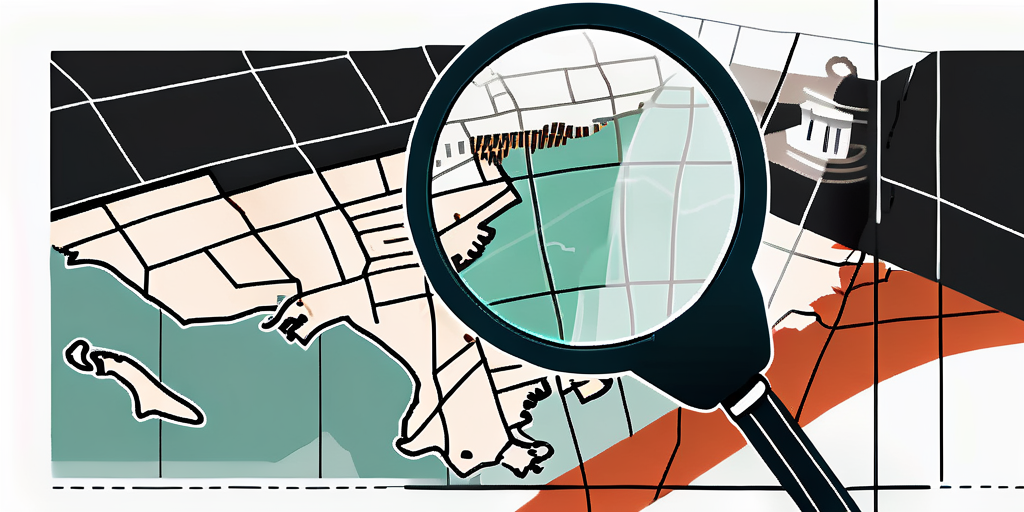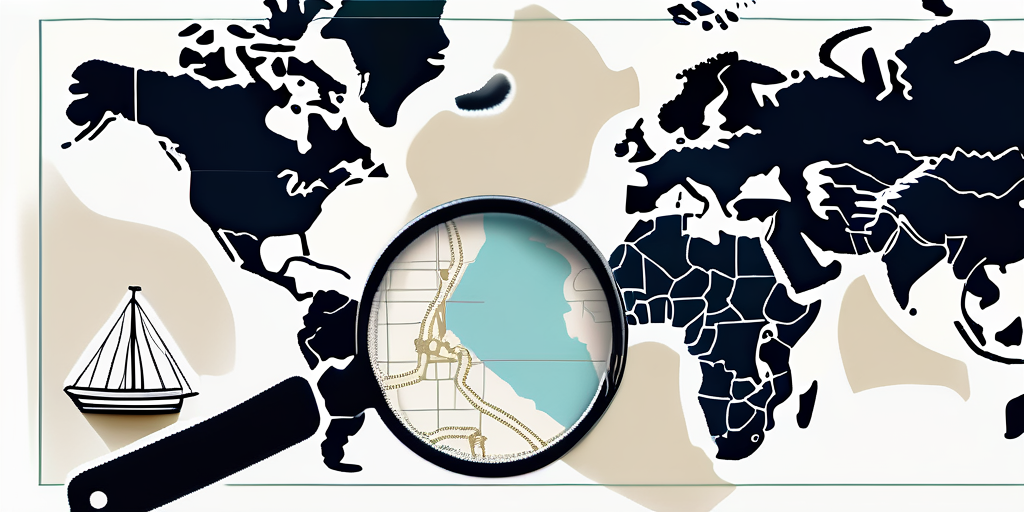Interpol, the International Criminal Police Organization, plays a crucial role in combating international crime. With its extensive network and collaborative efforts, Interpol works towards maintaining global security and apprehending wanted criminals. Understanding the organization’s function and its global reach is essential in apprehending notorious criminals, including those from Trinidad and Tobago.
Understanding Interpol’s Role in International Crime
Interpol serves as an essential tool in international law enforcement cooperation. Its primary function is to facilitate communication, cooperation, and assistance among its member countries. The organization acts as a central hub, connecting law enforcement agencies worldwide, to tackle transnational crimes efficiently.
The Function of Interpol
Interpol functions by providing a platform where countries can share critical information on wanted criminals. This platform allows member countries to issue Red Notices, which serve as international arrest warrants. These notices alert other member countries to the presence of a wanted individual and request their arrest and extradition if found within their jurisdiction.
The organization also assists member countries through its databases, helping to identify criminals and connect various pieces of information that contribute to solving complex cases. This collaboration is instrumental in tracking down criminals, especially those involved in organized crime, terrorism, and drug trafficking.
Interpol’s Global Reach
Interpol’s network spans across 194 member countries, making it an unparalleled organization in terms of scope and reach. This global reach empowers law enforcement agencies to work collectively and effectively across borders, transcending geographical limitations in their pursuit of justice.
By leveraging this extensive network, Interpol plays a pivotal role in apprehending criminals who attempt to evade justice by fleeing across international borders. The organization’s ability to coordinate efforts and establish cross-border partnerships enhances the chances of successfully capturing the most wanted individuals, even when they try to seek refuge in different countries.
Trinidad and Tobago’s Criminal Landscape
Trinidad and Tobago, a beautiful twin-island nation in the Caribbean, faces its share of criminal challenges. Understanding the country’s criminal landscape is crucial when discussing Interpol’s involvement in assisting local law enforcement agencies.
Common Crimes in Trinidad and Tobago
Like many other nations, Trinidad and Tobago faces a range of common crimes that affect its citizens and undermine social stability. These crimes include theft, drug trafficking, gun violence, and cybercrime. Such criminal activities not only pose a direct threat to public safety but also impact the nation’s overall wellbeing and economic stability.
The Impact of Crime on the Nation
The prevalence of crime in Trinidad and Tobago has far-reaching consequences. It instills fear among citizens and erodes trust in institutions responsible for maintaining law and order. Additionally, criminal activities have adverse effects on the economy, deterring foreign investment and hindering the nation’s development.
The Intersection of Interpol and Trinidad and Tobago
Given the challenges posed by crime in Trinidad and Tobago, the collaboration between local law enforcement agencies and Interpol becomes essential. Interpol’s assistance plays a significant role in strengthening the country’s crime-fighting efforts.

How Interpol Assists in Trinidad and Tobago’s Crime Fighting
Interpol supports Trinidad and Tobago by facilitating the exchange of crucial information and intelligence on known criminals. This cooperation enables local law enforcement agencies to apprehend wanted individuals more effectively and bring them to justice.
Furthermore, Interpol’s global network acts as an invaluable resource for Trinidad and Tobago, providing access to connect with other countries facing similar challenges and share best practices. This collaboration ensures that the nation remains up-to-date with evolving trends in international crime and equips its law enforcement agencies with the tools necessary to combat them effectively.
Challenges in International Crime Enforcement
Though Interpol’s assistance is invaluable, challenges persist in international crime enforcement. Criminals often adapt and develop sophisticated methods to evade capture, and coordinating efforts among diverse legal systems can prove challenging. Nevertheless, through continuous cooperation and improvement, Interpol and Trinidad and Tobago’s law enforcement agencies strive to overcome these obstacles and bring criminals to justice.
Profiles of Trinidad and Tobago’s Most Wanted
Trinidad and Tobago has had its share of notorious criminals who have inflicted harm and posed significant threats to society. Understanding the criminal profiles of these individuals is essential in building awareness and facilitating their capture.

Notorious Criminals from Trinidad and Tobago
Among the most wanted criminals from Trinidad and Tobago is John Smith, known for his involvement in drug smuggling operations spanning multiple countries. Another figure is Laura Johnson, a cybercriminal who has orchestrated numerous high-profile hacking incidents targeting financial institutions.
The Crimes They Committed
John Smith has been linked to large-scale drug trafficking, which has contributed to the spread of illicit substances and the associated violence. Laura Johnson’s cybercrimes have resulted in significant financial losses for individuals and organizations, underlining the global impact of her actions.
The Pursuit of Justice: Capturing Trinidad and Tobago’s Most Wanted
Efforts to apprehend Trinidad and Tobago’s most wanted involve a complex process that requires extensive cooperation and coordination between local and international law enforcement agencies. Interpol’s involvement is integral to this pursuit.

The Process of Tracking International Criminals
When a criminal is at large internationally, law enforcement agencies, including Interpol, work collaboratively to establish their whereabouts by sharing intelligence and identifying potential leads. This process involves accessing Interpol’s databases and examining travel records, financial transactions, and known associations to create a comprehensive profile.
Once a suspect’s location is identified, local law enforcement agencies, supported by Interpol, execute arrests and prepare for extradition procedures to ensure they face justice for their crimes.
The Role of Local Law Enforcement
Local law enforcement agencies play a crucial role in capturing criminals, as they possess vital knowledge of their country’s social dynamics and criminal networks. Their operational expertise combined with Interpol’s resources creates a formidable force in the pursuit of justice.
Through collaboration, dedication, and the tireless efforts of law enforcement agencies, Interpol, and the citizens of Trinidad and Tobago, justice can be served, and communities can be safeguarded from the activities of the most wanted.
In conclusion, Interpol’s unparalleled reach and collaborative efforts serve as a catalyst for international crime enforcement. In the context of Trinidad and Tobago, their role in assisting local law enforcement agencies is invaluable. By understanding the criminal landscape, the profiles of the Republic’s most wanted, and the pursuit of justice, we gain insight into the intersection of Interpol and Trinidad and Tobago’s crime-fighting endeavors. Through ongoing collaboration and relentless determination, the Republic moves closer to a safer and more secure future.
